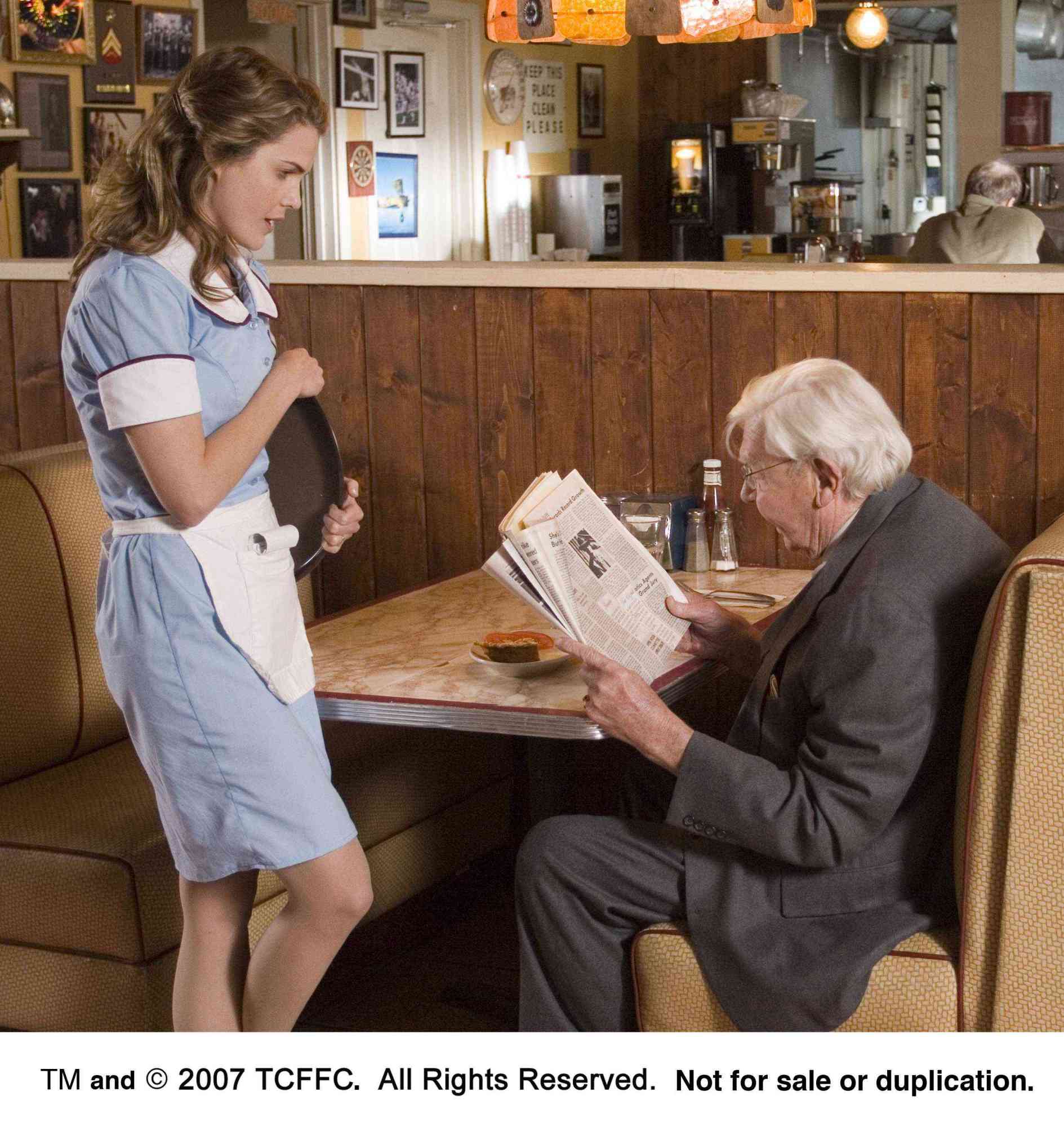The Beaver County Times reports that a local dairy has voluntarily suspended its milk production while health officials investigate what caused five individuals to become sick after drinking glass-bottled milk from the business.
The Pennsylvania Department of Health and Agriculture and the Allegheny County Health Department are advising the public not to consume glass-bottled pasteurized milk .jpg) produced by Brunton Dairy in Aliquippa.
produced by Brunton Dairy in Aliquippa.
State health officials said three young children and two older adults developed diarrhea and other symptoms caused by a bacteria called Yersinia enterocolitica after drinking pasteurized milk in glass bottles from the dairy.
Herb Brunton, a partner in the family business, said the dairy is cooperating with the health department during the investigation.

 turned the bag over to two officers that happened to be eating in the restaurant.
turned the bag over to two officers that happened to be eating in the restaurant..jpg) nspection is online, for the public view, you certainly are more attuned to making those little changes that are important for food safety."
nspection is online, for the public view, you certainly are more attuned to making those little changes that are important for food safety.".jpg) But that doesn’t stop a health department in Pennsylvania from proclaiming “free handwashing signs help keep petting zoos safe.”
But that doesn’t stop a health department in Pennsylvania from proclaiming “free handwashing signs help keep petting zoos safe.” people.
people.
.jpg) customers developed salmonella poisoning after eating there.
customers developed salmonella poisoning after eating there..jpg) Hilltown, Pennsylvania.
Hilltown, Pennsylvania. Ignore it?
Ignore it?
.jpg) Recently, individuals who consumed raw milk purchased from Dean Farms were found to have gastrointestinal illness due to Campylobacter, a bacterial infection. Since January 23, a total of six confirmed cases of Campylobacter infection have been reported among raw milk drinkers in four unrelated households in western Pennsylvania. The investigation is ongoing.
Recently, individuals who consumed raw milk purchased from Dean Farms were found to have gastrointestinal illness due to Campylobacter, a bacterial infection. Since January 23, a total of six confirmed cases of Campylobacter infection have been reported among raw milk drinkers in four unrelated households in western Pennsylvania. The investigation is ongoing.